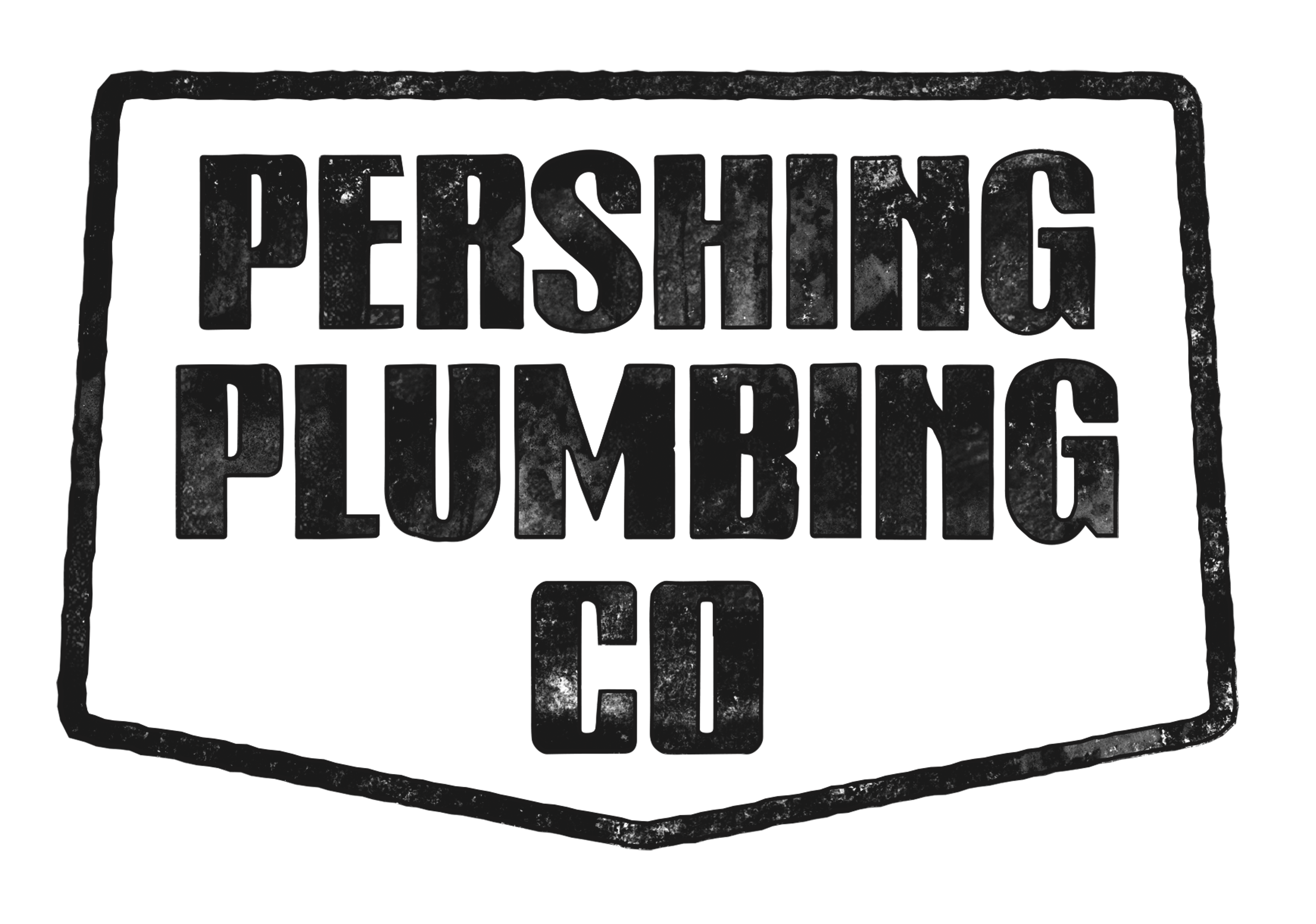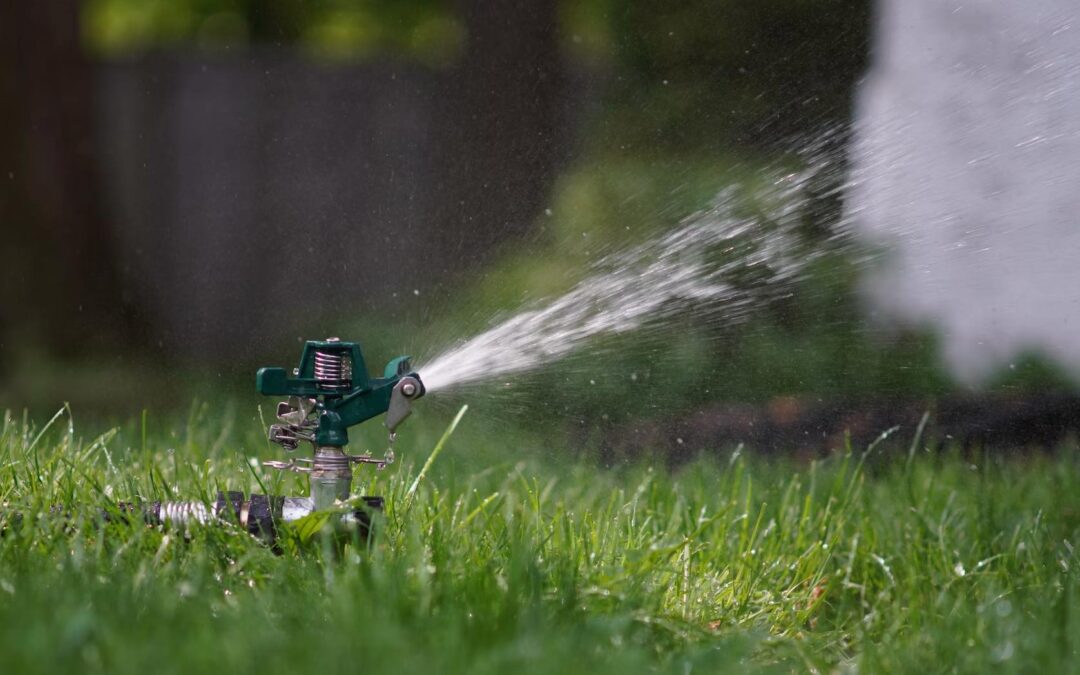Maintaining a lush and healthy garden requires an efficient outdoor irrigation system. However, plumbing issues can disrupt the smooth functioning of your system and jeopardize the health of your plants.
In this blog, we will explore effective strategies to prevent plumbing issues in your outdoor irrigation system, ensuring optimal performance and water conservation. Discover new ideas and advice to keep your garden flourishing and your plumbing system problem-free.
- Regular Maintenance: Schedule routine inspections of your outdoor irrigation system to identify any potential issues before they escalate. Check for leaks, clogged sprinkler heads, and damaged pipes or valves. Replace worn-out components promptly to prevent further damage.
- Adjust Water Pressure: Excessive water pressure can strain your irrigation system, leading to leaks or bursts. Install a pressure regulator to maintain a steady and controlled water pressure throughout your system. This helps prevent damage to pipes, fittings, and sprinkler heads, extending their lifespan.
- Proper Sprinkler Placement: Ensure that your sprinklers are appropriately positioned to water the intended areas and avoid unnecessary overspray onto sidewalks, driveways, or buildings. Adjust the angle and distance of the sprinkler heads to maximize coverage and reduce water waste.
- Drip Irrigation for Efficiency: Consider incorporating drip irrigation into your outdoor system. Drip lines deliver water directly to the base of plants, minimizing water evaporation and runoff. This method is highly efficient and ideal for watering garden beds, shrubs, and trees.
- Smart Irrigation Controllers: Upgrade to a smart irrigation controller that uses weather data and soil moisture sensors to automatically adjust watering schedules based on the specific needs of your garden. These controllers optimize water usage, preventing overwatering and reducing water waste.
- Rainwater Harvesting: Install a rainwater harvesting system to collect and store rainwater for later use in your outdoor irrigation system. This sustainable practice conserves water resources and reduces reliance on municipal water supplies. Use a filtration system to ensure the collected rainwater is clean and safe for irrigation.
- Protect Pipes from Freezing: During colder months, take precautions to prevent freezing and potential pipe damage. Insulate exposed pipes and consider installing frost-proof spigots. Drain and disconnect hoses to avoid freezing and bursting. If necessary, consult a professional plumber for specialized winterization techniques.
- Mulching for Moisture Retention: Apply a layer of mulch around plants and garden beds to help retain moisture in the soil. Mulch acts as a natural insulator, reducing evaporation and the need for excessive watering. This practice contributes to water conservation and healthier plant growth.
- Soil Moisture Monitoring: Regularly monitor the moisture level of your soil to avoid overwatering or under-watering. Use a moisture meter or conduct a simple finger test to determine when it’s time to water. Adjust your irrigation schedule accordingly to promote optimal plant health and prevent water waste.
- Education and Awareness: Stay informed about best practices for outdoor irrigation. Attend workshops, read reputable gardening resources, and consult with local gardening associations. Sharing knowledge and experiences with fellow gardeners can provide valuable insights and tips for preventing plumbing issues.
Conclusion
Preventing plumbing issues in your outdoor irrigation system is crucial for maintaining a flourishing garden and conserving water resources. By following a regular maintenance routine, adjusting water pressure, considering drip irrigation, utilizing smart controllers, and implementing rainwater harvesting practices, you can enhance the efficiency and longevity of your system.
Employing techniques such as mulching, soil moisture monitoring, and protecting pipes from freezing ensures proper hydration for your plants while avoiding water waste. Stay educated and embrace sustainable practices to preserve your garden’s health and minimize the likelihood of plumbing issues in your outdoor irrigation system.

